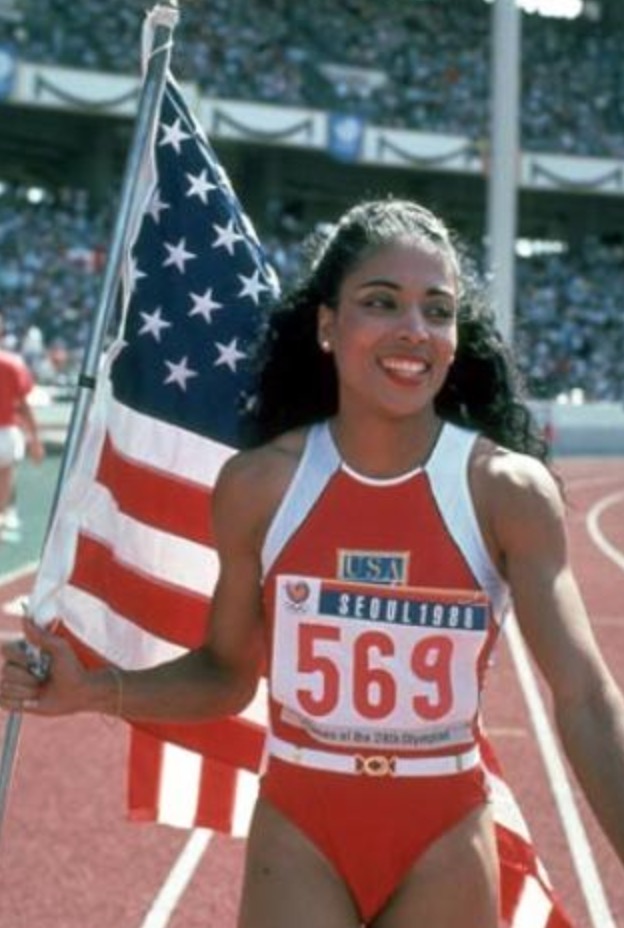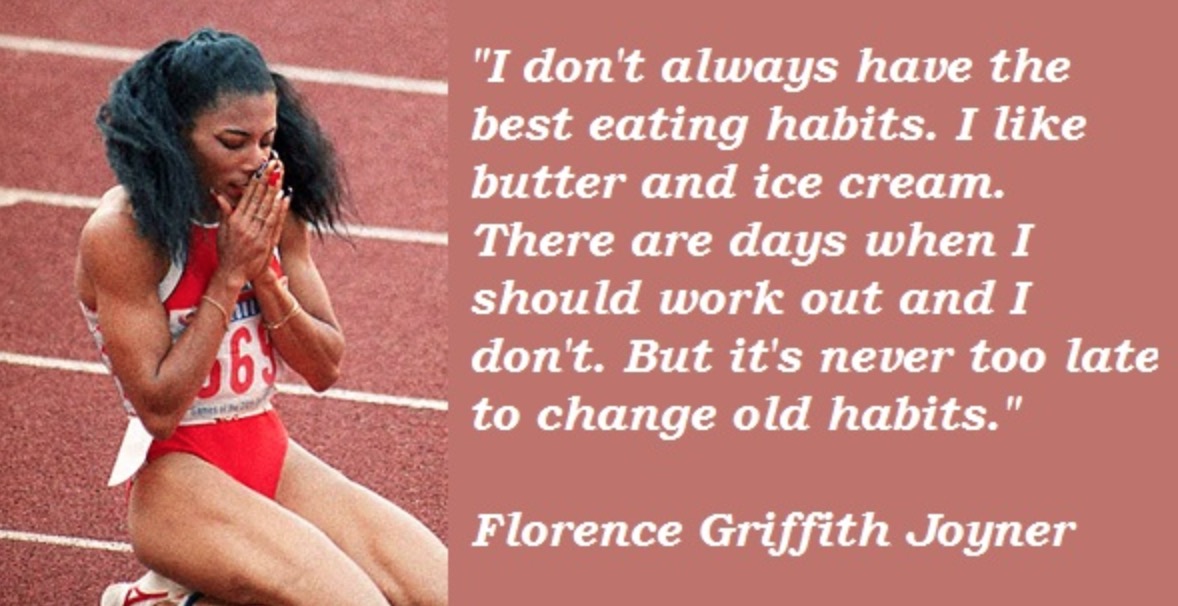myHIN Blog
Category: Black Men Articles

April 30, 2015
Heart Health in Young Athletes
 When we are young we are told and reminded of the importance of exercise and why we need to remain active. My parents were sure to emphasize the benefits of physical activity and to this day, continue to do so. This is why it often surprises me when I hear of professional athletes passing away from heart attacks and cardiovascular related health issues. These are people whose career is centered on remaining active and physically fit, but there is no certainty that these habits remained after they’re playing careers came to an end. More striking however is the seemingly prevalent occurrence of young athletes, at the high school and college age, who have suddenly passed due to cardiac arrest. It is estimated by the American Academy of Pediatrics that “2,000 people under the age of 25 die from sudden cardiac arrest in the United States every year.” This is a striking figure because this encompasses a group of young adults who generally, are at the peak of their physical fitness.
When we are young we are told and reminded of the importance of exercise and why we need to remain active. My parents were sure to emphasize the benefits of physical activity and to this day, continue to do so. This is why it often surprises me when I hear of professional athletes passing away from heart attacks and cardiovascular related health issues. These are people whose career is centered on remaining active and physically fit, but there is no certainty that these habits remained after they’re playing careers came to an end. More striking however is the seemingly prevalent occurrence of young athletes, at the high school and college age, who have suddenly passed due to cardiac arrest. It is estimated by the American Academy of Pediatrics that “2,000 people under the age of 25 die from sudden cardiac arrest in the United States every year.” This is a striking figure because this encompasses a group of young adults who generally, are at the peak of their physical fitness.
Perhaps one of the more prominent stories in the last year is the story of Isaiah Austin. Austin, a former basketball player at Baylor University, declared himself eligible for the NBA Draft last year. After the plethora of tests conducted by the National Basketball Association it was discovered that he could never play competitive basketball again, four days before the draft. Isaiah Austin suffered from Marfan syndrome, which caused an enlargement of his aorta. The combination of aortic enlargement and extreme physical exertion, as he would be subject to as a professional basketball player, made him susceptible to a rupture of his heart. This was the exact fate of Flo Hyman, an Olympic volleyball player, who passed away on the court due to a rupture of her aorta in 1986.
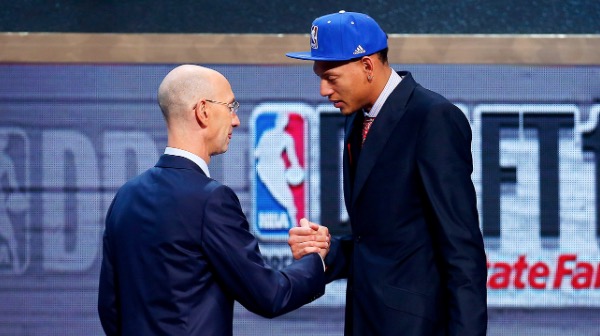 The story of Isaiah Austin generated some, but not a lot of conversation about the health of young athletes. Austin had been living with this condition and could have met his fate at any point during his athletic career at Baylor University. Fortunately this did not happen, but many student-athletes do not have the same luck. Every year there are stories of high school and college students who collapse on the athletic field, and most of these cases of sudden cardiac arrest are due to structural defects of the heart. This begs many to ask the question, should we increase the testing of our amateur athletes before they can play? Had it not been for the depth at which the National Basketball Association looks into the health of their players, the discovery of Isaiah Austin’s aortic enlargement may not have come until it was too late.
The story of Isaiah Austin generated some, but not a lot of conversation about the health of young athletes. Austin had been living with this condition and could have met his fate at any point during his athletic career at Baylor University. Fortunately this did not happen, but many student-athletes do not have the same luck. Every year there are stories of high school and college students who collapse on the athletic field, and most of these cases of sudden cardiac arrest are due to structural defects of the heart. This begs many to ask the question, should we increase the testing of our amateur athletes before they can play? Had it not been for the depth at which the National Basketball Association looks into the health of their players, the discovery of Isaiah Austin’s aortic enlargement may not have come until it was too late.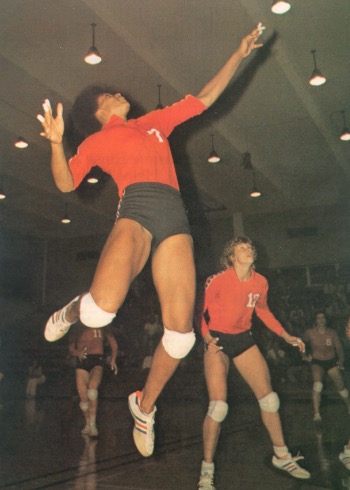
The message of remaining healthy and maintaining regular exercise is important and effective. We must also include the message to be aware and responsible for our health. School systems, colleges, and doctor’s offices should encourage student athletes and their families to become aware of their health. The opportunity to curtail the sudden death of student-athletes is available. These institutions have the ability to provide families with a stronger understanding of their health, and it should be capitalized on. Follow @myHealthimpact for more on #Health #Tech #Culture and views of #youngPeople. See us on YouTube, and follow us on Tumblr.
Share

April 22, 2015
The Heart of an Athlete
Florence Griffith Joyner better known as Flo-Jo was once considered the fastest women of all time. She was known best for her beauty and fashionista style on the track. Her long hair and extraordinary nails have definitely set the tone for female track and field athletes across the globe.
However there is more to her story, many do not know that she was battling a series of health related issues. Besides the scrutiny of steroid rumors, Flo-Jo was struggling from serious heart problems which were often brushed off as a minor exhaustion. (source: http://www.cbsnews.com/news/clues-to-flo-jos-death/ ). Her shocking death in 1998 at a mere 38 years old from a heart seizure at the time was fairly uncommon. As a former student-athlete, her death makes you wonder how healthy you really are and if you are taking the appropriate measures to stay healthy. Am I drinking enough water? Am I really giving it all at practice? Am I speaking up when my body is feeling hurt? Am I really taking care of myself?
Personally, these are things that I struggled with throughout my track and field career. Unfortunately, addressing these questions is much easier said then done. A quote from Flo-Jo says “I don’t always have the best eating habits. I like butter and ice cream. There are days when I should work out and I don’t. But it’s never too late to change old habits.” This quote inspired me to take a stand against my current health habits. It is truly never too late to speak up and try something different.
With that being said I encourage all my fellow athletes to make sure they are taking care of their health regardless of how ‘soft’ it may make you look. Tell your coach when you aren’t feeling well. Make that doctor’s appointment when your coach recommends it to you. Take the propers steps to check up on your health and encourage others to do the same. It may truly save a life.
Share

March 30, 2015
Thank You - Women’s History Month
When I was younger the month of March filled me with extreme amounts of joy. I was able to look forward to the birthdays of my paternal grandmother, my cousin, my aunt, my father, and even myself, all in the same month. Recently, this sentiment has changed. I still feel joy and excitement during this month, but accompanied with these emotions has come reflection. A few weeks ago, I celebrated my 21st birthday, and of course, it was celebrated with the fanfare one would expect for such a milestone. Even with the celebrating, I spent a significant amount of time to myself, thinking about where I was, the company I was with, and the influences on my life to this point. 
The summer after my freshman year at NC State, I was awarded a grant to spend five weeks in Haiti, through the Park Scholarships. In the grant I explained that I wanted to gain experience in the administration of healthcare in a developing country, but to also experience significant cultural immersion in my father’s country of birth. My aunt at the time was still living in Haiti, and assisted with my in-country arrangements. My family accompanied me for the first week, and my father spent an additional week in the country before returning to North Carolina. The last three weeks of my time in Haiti I spent learning, intensively. The experience I gained from the hospital was tremendous, but the wealth of knowledge I gained from my aunt was priceless.
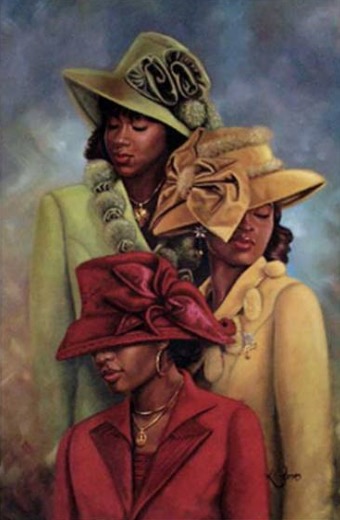 My aunt and I spent countless hours talking about my life and hers, the places she’d traveled, the people she met, the beauty in simplicity, and what is important in our lives. We began to discuss my next visit to Haiti and how to establish a sustainable trip for students who are interested in the experience. Unfortunately, this would never come to fruition. My aunt passed away the following March, the day after my birthday and two days before hers, after a hard-fought battle with cancer. With my aunt’s passing came reflection and insight. The importance of love, to not take people for granted, and to crystallize the relationships I have while also fostering new ones, gradually came to me as integral parts of life. I thought of my maternal grandmother, who was present at each of her grandchildren’s births, and has never missed a birthday since, my paternal grandmother whose mannerisms and love I remember to this day, and my mother who reminded me just today that she “never misses a beat.” These relationships have played a powerful role in my growth, and continue to shape my life.
My aunt and I spent countless hours talking about my life and hers, the places she’d traveled, the people she met, the beauty in simplicity, and what is important in our lives. We began to discuss my next visit to Haiti and how to establish a sustainable trip for students who are interested in the experience. Unfortunately, this would never come to fruition. My aunt passed away the following March, the day after my birthday and two days before hers, after a hard-fought battle with cancer. With my aunt’s passing came reflection and insight. The importance of love, to not take people for granted, and to crystallize the relationships I have while also fostering new ones, gradually came to me as integral parts of life. I thought of my maternal grandmother, who was present at each of her grandchildren’s births, and has never missed a birthday since, my paternal grandmother whose mannerisms and love I remember to this day, and my mother who reminded me just today that she “never misses a beat.” These relationships have played a powerful role in my growth, and continue to shape my life.
In recognition of Women’s History Month on this last day of March 2015, I celebrate these women. Their impact on me has yet to be fully realized, but it is already significant. The love I have for them is overwhelming, and I am thankful for that.
#WomensHistoryMonth #WHM2015
Follow us at @myhealthimpact.
Share

March 16, 2015
Baby Brother
When asked how I am doing, I often respond by saying, “my family is healthy, and my brother is happy, so I have no complaints.” With the stresses of coursework it can be easy to get wound up from time to time, but I do my best to avoid that. Last semester I successfully attempted to meditate each night for 30 consecutive days, and an integral part of my meditation was to think of five things I am happy about or grateful for. Each night my family was involved in one of the five. With four strong personalities between my mother, father, brother, and I, there is seldom a dull moment, and rarely silence. My mother is a clinical psychologist, and my father a professor of philosophy, which in turn has led to the cultivation of expressing emotion and opinion in my brother and I, beginning at a very young age. This skill has served me well, and a characteristic I owe endless thanks to my parents for.
As we have begun our Black History Month the messages of unity, pride, and appreciation, ring closest to me at this time. With the current attention paid to black lives, on a national scale, the love for my younger brother has also come to the forefront of my attention. I do not think my brother and I have ever been closer. My brother is currently a senior in high school, going through a tiresome college application process. Hopefully, his opportunities will be plentiful, which should create a difficult decision come Spring when he receives his admission decisions. This process is exciting for me as well, as I wait anxiously to hear the decisions, it might even be more exciting for me than it is for him.
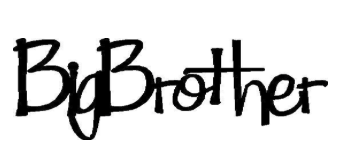
While I was in high school my mother repeatedly said that she wanted to raise two empathetic young men, and I believe my moving away spurted this characteristic. The distance between my family and I, specifically with my brother has prompted an interesting change. We were together for most of our schooling, and spent most of our free time together, but as he gets older and I do the same our conversations have changed. Because of our constant presence in each other’s lives we did not feel the need to talk about our weeks, or events taking place. We were aware due to our presence. We now rely on each other’s perspective when talking. I hear what goes on in his life through his interpretation, and vice versa. This is not however a negative change, it is indeed an interesting change, and has definitely influenced my empathy.
I trust his interpretations and appreciate his honesty, making it all the easier to feel and understand his emotions, as he juggles his maturation, his interpersonal relationships, and his environment, all the while finishing his last semester of high school.
Share
In Partnership with: Poole College of Management, College of Humanities and Social Sciences, National Science Foundation, Penn State
Take Action, Get Tested: Find Your Local Testing Center Why Get Tested?
